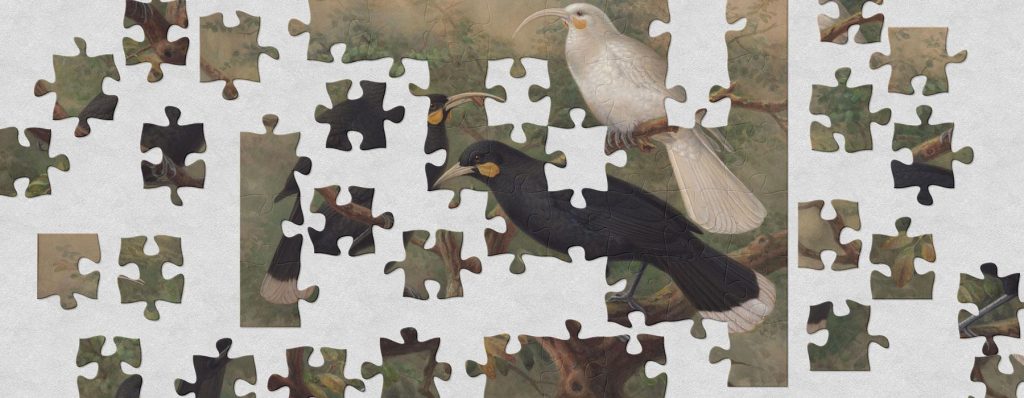Engagement rings are more than just jewelry they are timeless symbols of love, commitment, and personal style. In recent years, vintage-inspired engagement rings have captured the hearts of couples who appreciate the elegance of the past combined with the precision of modern craftsmanship. These rings offer a unique way to celebrate love while honoring artistry from eras gone by.
The Allure of Vintage-Inspired Designs
Vintage engagement rings draw inspiration from iconic design periods, including Edwardian, Art Deco, and Victorian eras. Each style carries its own distinct charm:
- Edwardian Elegance: Characterized by intricate filigree and lace-like detailing, these rings exude sophistication and delicate beauty.
- Art Deco Geometry: Bold, geometric patterns and contrasting gemstones create striking, timeless designs perfect for those seeking uniqueness.
- Victorian Romance: Often featuring intricate engravings and colorful gemstone accents, Victorian-inspired rings celebrate romance and whimsy.
By incorporating these classic elements, vintage-inspired rings provide a sense of history and elegance, making each piece a story to treasure. A Vintage Verlovingsring blends nostalgic beauty with modern quality for lasting sentimental value.
Modern Craftsmanship for Lasting Quality
While vintage rings celebrate historical beauty, modern techniques ensure durability and comfort for everyday wear. Contemporary jewelers utilize advanced technology and precise handcrafting to bring antique designs to life:
- Enhanced Durability: Modern metals and alloys increase strength while preserving delicate, intricate details.
- Precision Stone Setting: Advanced techniques ensure diamonds and gemstones are securely set, enhancing sparkle and longevity.
- Custom Adaptations: Couples can personalize vintage-inspired designs with custom touches such as mixed metals, unique gemstone arrangements, or engraved messages.
This blend of old-world charm and contemporary craftsmanship results in engagement rings that are as durable as they are beautiful.
Timeless Appeal Meets Personal Expression
One of the most compelling aspects of vintage engagement rings is their ability to reflect individuality. Couples often appreciate the rarity and uniqueness of these designs, which are unlike conventional, mass-produced rings.
- Unique Statement Pieces: Vintage-inspired rings stand out with distinctive designs that celebrate personal taste.
- Sentimental Connection: Incorporating elements inspired by family heirlooms or historical periods adds emotional depth.
- Versatile Style: These rings effortlessly complement both classic and modern fashion, making them versatile for everyday elegance.
Embracing a Ring That Tells a Story
Choosing a vintage-inspired engagement ring is more than selecting a piece of jewelry it is embracing a work of art that connects the past and the present. With intricate detailing, timeless elegance, and modern reliability, these rings offer a beautiful way to honor love’s enduring journey.
Whether drawn to the ornate charm of Victorian designs or the bold geometry of Art Deco, vintage engagement rings provide a meaningful and stylish expression of commitment that will be cherished for generations.


